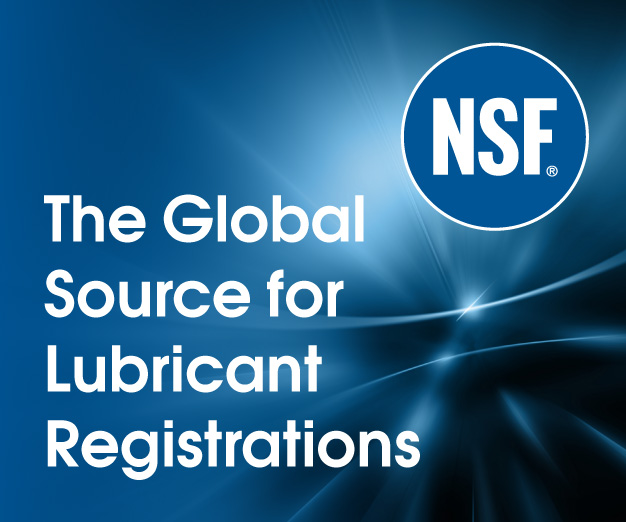Analysis of fusel alcohols using HT3 Headspace Sampling
Lorem ipsum dolor sit amet, consectetur adipiscing elit. Nulla vulputate condimentum eros. Sed quis luctus leo. Pellentesque pellentesque magna justo, vel ornare purus convallis id. Nunc a libero in sem vehicula pulvinar gravida mattis sem.
Introduction
Fusel alcohols are a common by-product of the fermentation process, but abnormal quantities or types can indicate alcoholic beverage adulteration. Method SSD: TM:200 is a direct injection method for testing these alcohols. The method states that Non-Beverage Alcohol (NBA) products, not miscible with water, cannot be analyzed by this method. Additionally, NBA products and distilled spirits with greater than 10% solids must be diluted prior to analysis.
The direct injection technique transfers all compounds in the sample into the inlet and could potentially contaminate the inlet liner, requiring frequent changes. To compensate for this contamination, the quality control section of SSD: TM:200 indicates that when the correlation coefficient drops below 0.99, the liner should be changed as a corrective action. In addition to liner contamination, thermally labile compounds such as sugars can break down, leading to interfering peaks that hinder analysis.
A static headspace vial sampler will be used to develop a static headspace method to test for fusel oil following the TTB method. By using static headspace, only the volatile component will be transferred to the GC, leaving the non-volatile components that can foul an injection liner in the headspace vial.
Experimental
For this study, the HT3 was coupled to a GC/FID system. Helium was used as the GC carrier gas and FID makeup gases, as well as the HT3 pressurization gas. The Method Optimization Mode (M.O.M.) feature of the HT3’s software was utilized to develop the sample temperature study. The GC was equipped with a 624 column whose dimensions are 30 m length x 0.32 mm ID x 1.8 μm film thickness. The GC/FID parameters are shown in Table 1 and Table 2 shows the HT3 instrument parameters. The fusel oil stock standard was prepared following the SSD: TM:200 procedure. Working standards were prepared to encompass the range listed in the procedure, see Table 3.
Results
The TTB TM:200 method details a strict quality control specification that each correlation coefficient (R2) must be >0.99, with the Relative Standard Deviation (RSD %) <10%. The correlation coefficient and RSD % was calculated for each compound. Table 4 details the correlation coefficients for each target compound.
All eight target compounds passed specification as per TTB TM:200 requirements. Each R2 value was >0.99 with RSD% <10, highlighting the capabilities of the HT3 headspace sampler for fusel alcohol analysis. Figure 2 shows the chromatogram of the lowest level standard, 0.2 mL.
Conclusion
The current TTB method, SSD: TM:200 for analyzing fusel oils in beer, wine, non-beverage product and moonshine, was easily converted to a static headspace method. The static headspace method was developed with the HT3 utilizing the M.O.M. software feature that simplified selecting the best temperature for analysis of the listed fusel oils.
The static headspace sample temperature of 70°C provided excellent correlation coefficient and Response factor percent Relative Standard Deviation (Rf %RSD) value for all of the fusel oil compounds. The SSD: TM:200 criteria of R2 value greater than 0.99 was met at this temperature.
The headspace method, unlike a direct injection technique, transfers only the volatile components of the sample. The semi-volatile solids and other non-volatile compounds, such as sugars that can quickly contaminate a GC inlet liner and column, remain in the headspace vial. Benefits are two-fold, reducing a lab’s budget by minimizing frequent column and inlet liner changes, as well as increasing instrument uptime.
The HT3 automated headspace vial samplers can benefit beverage laboratories by increasing throughput and testing more samples. Additionally, the HT3 has a 60 sample autosampler to match the needs of large production beverage companies down to small microbreweries.
SCION Instruments
US:
11840 W Market Place,
Suite K-L
Fulton, MD 20759
Phone: +1 844 547 0022
sales-usa@scioninstruments.com
The Netherlands:
Amundsenweg 22-24
4462 GP Goes
The Netherlands
Phone: +31 (0) 113 287 600
sales-eu@scioninstruments.com


